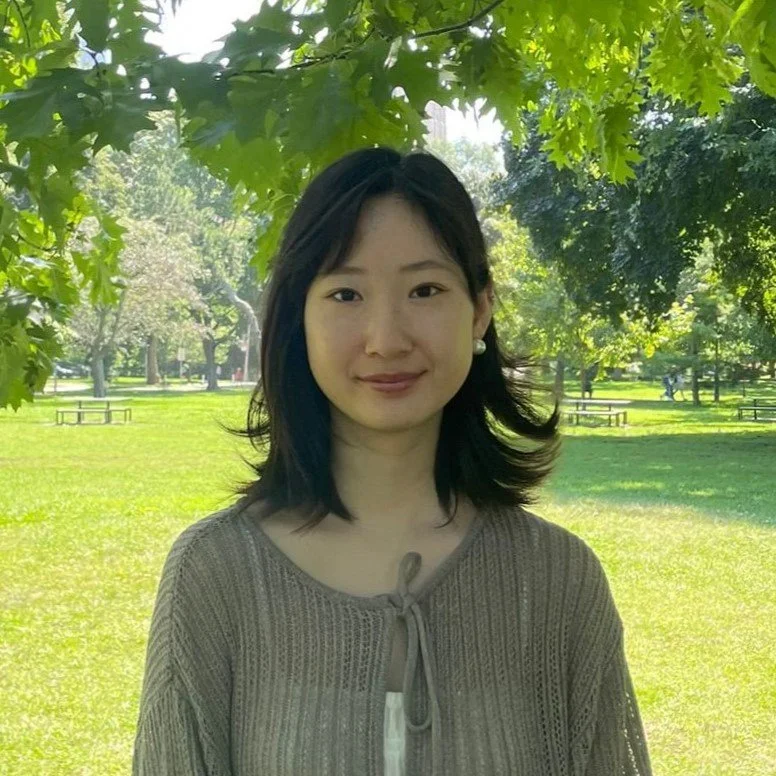When Family Pressure Becomes Too Much: Understanding Cultural Expectations in Asian Families
The weight of expectations
For many people growing up in Japanese or Chinese families, love and belonging can often come with high expectations. Parents may place strong emphasis on academic achievement, career success, and fulfilling one’s duty to the family. This can lead to a lot of pressure. There is also the idea of not causing inconvenience to others, which can shape daily decisions in subtle but powerful ways. These values can be sources of strength, but when the pressure becomes overwhelming, they can also take a significant toll on mental health.
It is not unusual for children from these families to feel that their worth is tied to how well they perform or how little trouble they get into. Even small setbacks, like getting a lower grade or asking for help, can bring feelings of guilt or shame. This can make it difficult over time to separate personal identity from family expectations, leaving individuals caught between their sense of responsibility for others and for themselves.
Academic and career pressure
Education has long been seen as the pathway to stability and family honour in many Asian households. For children and young adults, this often translates into intense focus on grades, university placement, and high-status careers.
Common pressures include:
Choosing majors or careers that are seen as respectable or financially secure
Measuring one’s self-worth through performance and achievement
Carrying fear of disappointing parents if results fall short
Prioritizing grades or rankings above personal interests or passions
Comparing progress constantly with peers or family friends’ children
Believing that rest or relaxation is undeserved until goals are achieved
While encouragement can be motivating, constant pressure may create anxiety, burnout, or a sense that love is conditional on success. Over time, this can leave individuals feeling that no matter how much they achieve, it will never be enough to truly secure acceptance.
Duty to family
Family loyalty is a deeply valued principle in both Japanese and Chinese cultures. Many children are raised with the belief that their actions reflect on the entire family, not just themselves.
This sense of duty often shows up as:
Prioritizing family needs over personal goals
Making choices that align with parental expectations rather than individual desires
Feeling responsible for supporting parents financially or emotionally, even at a young age
Choosing stability over risk, even when personal dreams are put aside
Avoiding conflict or disagreement to preserve family harmony
This duty can create strong family bonds, it can also leave little room for independence and self-expression.
The “not causing inconvenience” mindset
A distinctive part of Japanese and Chinese social values is the importance of avoiding burdening others. Many children grow up with the message that being a “good” person means staying quiet about struggles, not asking for help, and always considering how their actions affect others.
This often leads to hiding stress, sadness, or confusion in order to protect family harmony. It can also make it difficult to set boundaries or say no, and over time creates a habit of minimizing personal needs in relationships, school, or work. While this mindset fosters respect and harmony, it can also lead to internalized stress and feelings of isolation.
When the pressure becomes too much
Family expectations are often rooted in care and hope for the next generation. But when pressure crosses into fear or self-doubt, it can cause:
Chronic anxiety or perfectionism
Low self-esteem from never feeling “good enough”
Strained parent-child relationships
A sense of identity loss, where personal goals are replaced by family obligations
How counselling can help
Therapy offers a safe and non-judgmental space to talk about family expectations without fear of disappointing anyone. A culturally sensitive counsellor can help unpack the balance between family duty and personal goals, provide tools to cope with stress, anxiety, and perfectionism, and support healthy boundary-setting while still honouring cultural values. Counselling also encourages self-compassion, allowing individuals to replace constant self-criticism with a kinder and more balanced view of themselves.
Counselling is not about rejecting family traditions. It is about finding healthier ways to carry them without losing yourself in the process.
Practical steps for managing family pressure in Chinese or Japanese families
Name the pressure: Acknowledging the expectations you feel is the first step to reducing their weight.
Differentiate goals: Ask yourself which goals are truly yours and which belong to family expectations.
Seek supportive peers: Talk with others who understand cultural pressures and can validate your experience.
Set small boundaries: Even gentle limits, like carving out personal time, can protect mental health.
Practice self-compassion: Remind yourself that your worth is not defined only by achievements.
Closing thoughts
Family expectations in Japanese and Chinese households are shaped by values of hard work, loyalty, and harmony. These values can create strong foundations, but they can also lead to stress when they leave no room for individual needs. Learning to balance cultural duty with personal well-being is possible. Support from counselling, self-compassion, and honest reflection can help turn family pressure into a healthier, more sustainable form of motivation.
Frequently Asked Questions (FAQs) about family pressure in Asian families
Why are academic and career expectations so strong in Asian families?
Education and professional success are often seen as ways to secure stability and bring honour to the family. For parents, these expectations are rooted in care, even if they feel heavy.Is it disrespectful to resist family pressure?
Not necessarily. Many people find ways to balance respect for family with pursuing their own path. Open communication and compromise can help.How do I explain my struggles to my family?
It can be difficult in cultures where avoiding inconvenience is valued. Counselling can help you practice how to share your feelings in a way that honours both honesty and respect.What if I feel like I will never be “good enough”?
This is a common experience when love feels tied to performance. Therapy can help separate your identity from achievement and remind you that worth is not conditional on constant success.Can family pressure ever be positive?
Yes. Expectations can foster resilience, discipline, and motivation. The challenge is finding balance so these values support growth without creating harm to mental health.
About Chiharu Yanagawa
As a therapist based in Vancouver, I work with many clients who navigate the weight of cultural and family expectations. For those from Japanese, Chinese, or other Asian backgrounds, family values such as loyalty, academic achievement, and not burdening others can be both a source of strength and a source of stress. My goal is to provide culturally sensitive care that honours these traditions while supporting individuals in building healthier boundaries, cultivating self-compassion, and finding their own voice. If you are struggling with family pressure, know that you don’t have to choose between caring for your loved ones and caring for yourself. Both are possible, and support is available to help you create that balance.

